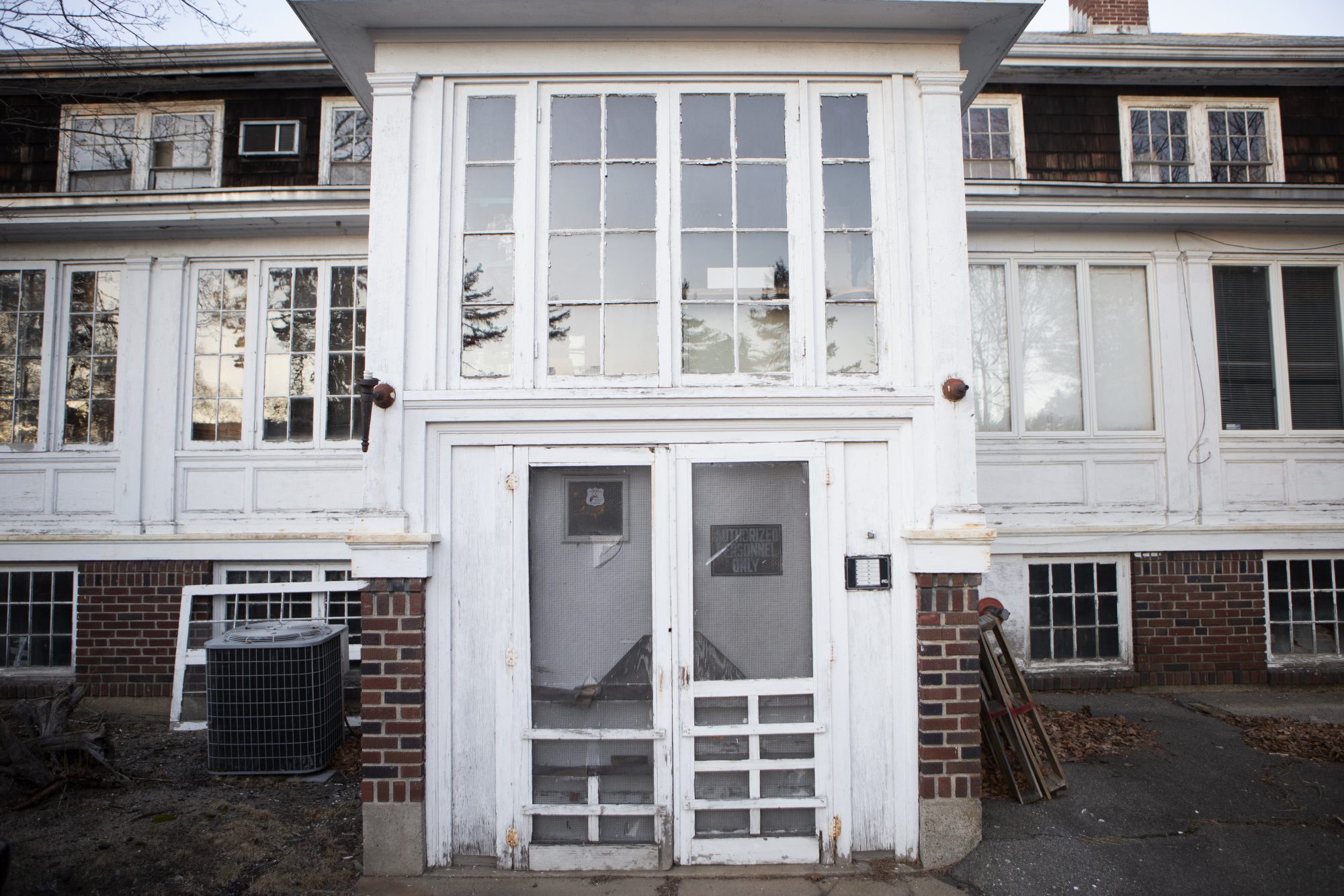SWAMPSCOTT — The Historical Commission held a public hearing to discuss the final fate of General John Glover’s house on Wednesday evening. There was an outcry of public support to preserve the historic house.
Some options that were brought to the table were to take pieces of the house and refurbish them or move the entirety of the house to another location.
The site was once the house of General John Glover in the late 1700s. It was then a famous restaurant owned by late Anthony Athanas in the 20th century up until its closure in 2003.
While the Athanas family still owns the site, it has been sitting unused since the restaurant closed.
The current plan for the site once the house is gone is for a new development to go in called Glover Residences at Vinnin Square.
The Glover Residences site consists of approximately 4.06 acres of land located between Vinnin Street in Salem, Salem Street in Swampscott, and Tedesco Street in Marblehead. The proposal includes two buildings with 96 rental units in Swampscott and one building with 44 rental units in Marblehead.
There will also be 17 affordable housing units. The applicant of this project is Leggat McCall Properties LLC.
The purpose of the Historical Commissions public hearing on Wednesday was to determine whether the commission should vote to impose a nine-month delay on the demolition of the house.
“We are cognizant of the fact that this is a derelict site and is currently a blight and an eyesore on Swampscott,” Historical Commission Treasurer Ryan Judkins said. “We are also cognizant that the history of the site goes back to the Revolutionary War and we would like to find some sort of common ground which recognizes both of those truths.”
Members of Glover’s Marblehead Regiment were among those at the hearing that advocated for the relocation of the house.
“I think I’d much prefer to see the original building in a setting where people could see it,” Captain Seamus Daly said. “We’d very much be interested in hosting our meetings in that site.”
Some citizens voiced their concerns about the new development that would go on the site. They were worried about the heavy amount of traffic it could cause.
Others pointed out that once the house is gone, the history will be lost.
The Historical Commission has ten days to vote after the hearing on whether a nine-month delay should be imposed.
“We have been working very hard to see that the right thing is done here,” Historical Commission Chair Nancy Schultz said. “So much time has gone by, the building has been allowed to deteriorate, and it would require a massive effort on the part of many people to make something good come of this preservation effort.”

